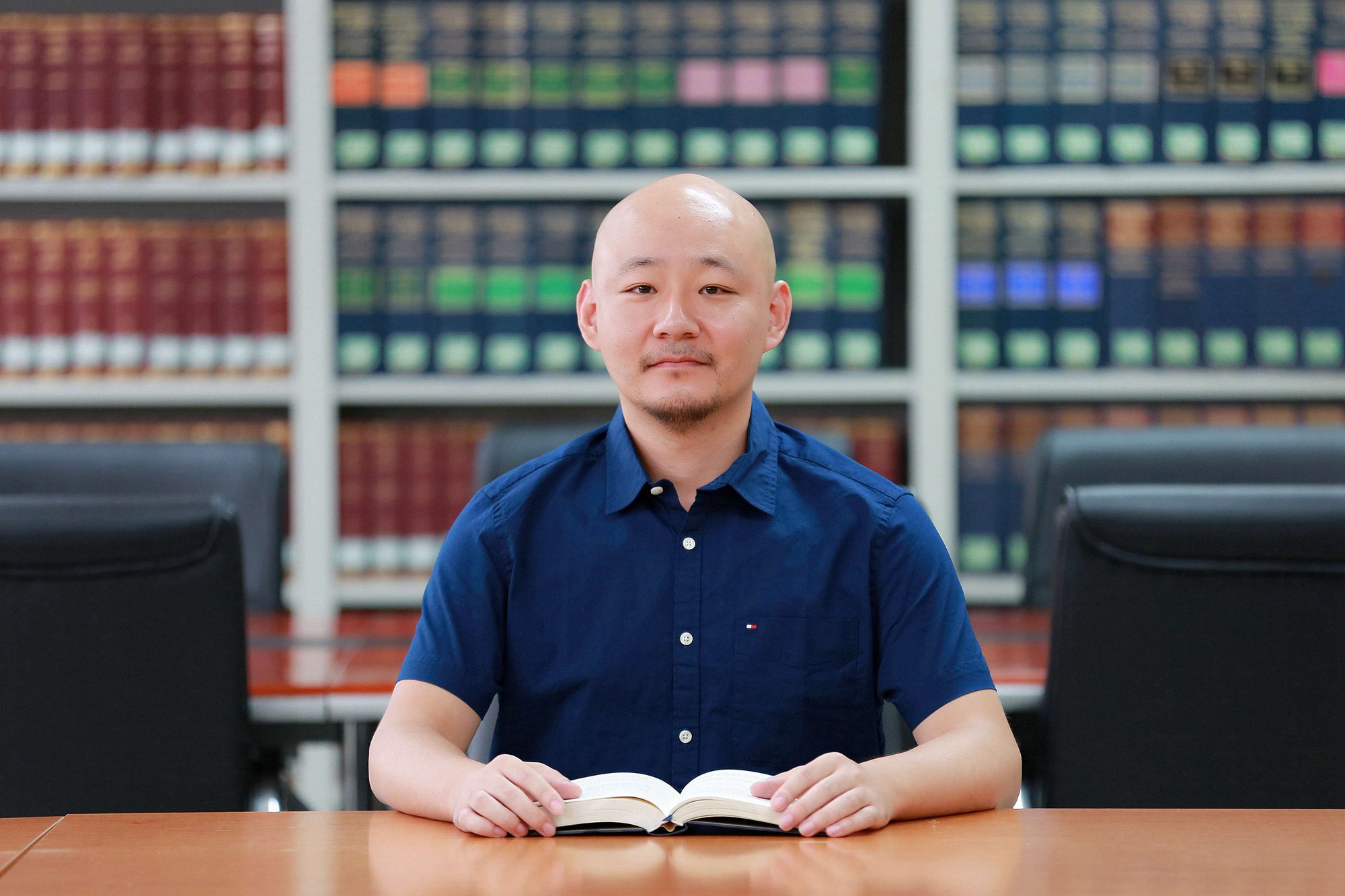
Abstract: By examining the blank space characteristic of private law in the Chinese legal tradition, this article analyzes the unique status, historical background, manifestations, and developmental significance of private law within the system. It explores the reasons for the formation of the blank space in Chinese private law and its dual nature. Furthermore, it emphasizes the importance of inheriting and innovating the features of Chinese private law during modernization and envisions its value and mission in constructing a modern Chinese civilization. The concept of the Chinese legal system is not an inherent term within China’s traditional governance framework. Instead, it emerged in the early 20th century within the context of modern comparative law. Its primary features include a system based on laws and decrees, supplemented by rituals and customs, creating a traditional legal system centered on criminal law enforcement. The formation and development of the Chinese legal system reflect not only the influence of Chinese culture on legal frameworks but also the recognition and adoption of Chinese legal systems by East Asian countries. The legal system of the Chinese tradition prominently emphasizes public law, with criminal law at its core to embody state authority. In contrast, private law exhibits significant ambiguity and the characteristic of “blank spaces”. These “blank spaces” are not merely gaps in the law but represent a unique cultural approach to rights and obligations: Confucian ethical principles (li) served as a critical foundation for regulating individual and social behavior, coexisting with formal legal decrees to shape the overall framework of the Chinese legal system. The blank space in private law was profoundly influenced by Confucian culture. Confucianism prioritizes moral persuasion and social harmony, favoring the resolution of disputes through ethics and customs while minimizing legal intervention. This approach fostered a judicial tradition that prioritized autonomy of will and local customs, resulting in limited statutory provisions regarding private rights. This model reflects traditional China’s distinctive understanding of the law’s function and social needs. The characteristic of blank space in private law within the Chinese legal tradition had certain advantages in traditional times and demonstrated a form of modernity. The blank space in Chinese private law endowed subjects with significant freedom, highlighting the autonomy of will in transactions and social interactions. Key aspects include: Freedom of private contracts: private law largely relied on customary law and spontaneous rules, with minimal interference from state power. Judicial flexibility: traditional judicial practices protected numerous rights by resolving specific disputes, reflecting a flexible application of laws. This freedom and autonomy gave the Chinese legal tradition the embryonic spirit of modern legal governance while providing an essential perspective on the operation of laws in traditional society. However, the blank space in private law also presented limitations, primarily reflected in the uncertainty of rights protection. Key issues include: (1) Insufficient legislative guarantees: The lack of explicit provisions for private rights in statutory law led to reliance on judicial practices in individual cases, which proved unstable during regime changes or social upheavals. (2) Weak rights awareness: Confucianism’s emphasis on ritual humility and compromise diluted the active pursuit of individual rights. This permissive legal approach, achieved at the expense of freedom, adversely affected the stability and continuity of private law, particularly during periods of economic development and social transformation. The private law characteristics of the Chinese legal tradition reflect a unique interplay between culture and history. Its openness and adaptability allowed it to evolve into a coherent system over a long period. When studying the Chinese legal tradition, one should combine comparative legal perspectives with historical experience and modern needs, respect the tradition of freedom and autonomy in Chinese private law, and draw from the clarity and stability of rights protection in Western legal systems. The reconstruction of the Chinese legal system should embody openness and inclusiveness to respond to modern legal demands. In the context of globalization, this effort is not only a continuation of traditional culture but also a contribution to contemporary legal civilization. By drawing wisdom from culture, integrating the spirit of freedom in the Chinese legal system with modern legal governance concepts, and providing more definite legal protections for private rights, we will enhance the cultural centripetal force and engage in dialogue and fusion with other legal systems. This will revitalize the Chinese legal system in a new era. The blank space characteristic of private law in the Chinese legal tradition demonstrates the spirit of freedom and autonomy in traditional legal systems while exposing the shortcomings of inadequate rights protection. The article argues that research on the Chinese legal tradition in modern construction should be rooted in history while focusing on the future. Through the creative transformation of traditional culture, the core spirit of autonomy of will in private law should be fully inherited and developed during the modernization of the legal system. By drawing on global legal traditions, the Chinese legal system can achieve a balance of openness, inclusiveness, and modernity at a new historical stage, forming distinctive features of private law with Chinese characteristics and contributing unique wisdom and experience to global legal governance.
Key Words: Chinese legal system; laws and decrees; rituals and laws; private law; autonomy of will; protection of right
Author: Wang Shuaiyi, associate professor, Law School of the University of CASS; associate research fellow, CASS Institute of Law;
Source: 12 (2024) Journal of Zhejiang University(Humanities and Social Sciences).



